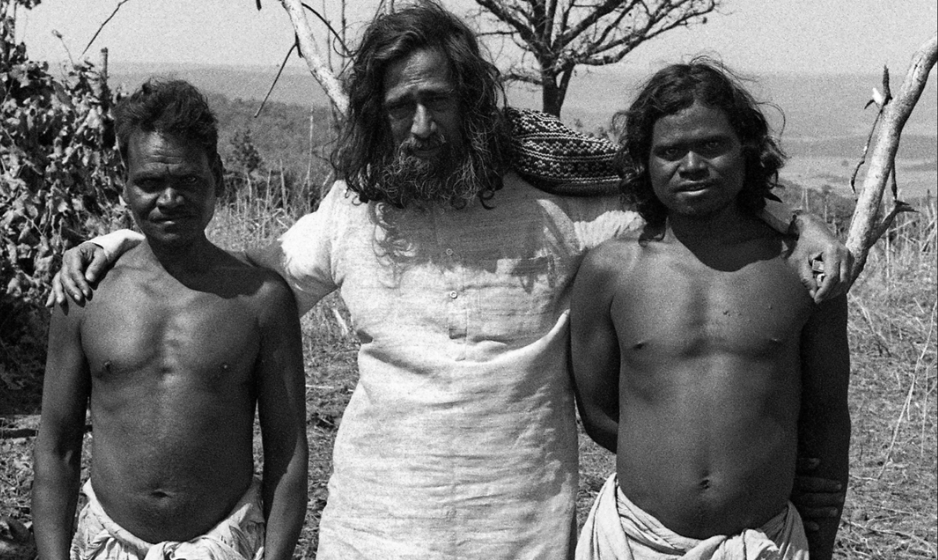Jagdish Swaminathan’s critique of Plato represents a significant departure from conventional Western philosophical frameworks, advocating instead for a perspective deeply rooted in decolonisation and inclusivity of diverse ideas. This perspective was highlighted in a recent tribute event at the India International Centre, commemorating Swaminathan’s enduring influence on Indian art and intellectual thought.
At the event, the Dhoomimal Gallery paid homage to Swaminathan on what would have been his birthday, marking thirty years since his passing in 1994. The centrepiece was the launch of “The Era Of Swaminathan,” a meticulously curated book by Prayag Shukla and Shruthi Lakhanpal Tandon. This comprehensive volume showcases Swaminathan’s multifaceted contributions—his art, writings, and poetry—offering a profound exploration of his legacy.
Swaminathan’s critique of Plato, as discussed in the event by Udayan Vajpeyi, challenges Western philosophical dominance by advocating for a broader, more inclusive approach. He critiques Plato’s concept of beauty, which posits an idealised, abstract form. Swaminathan diverges by emphasising the impact of beauty through its dynamic interaction and communal experience. For him, beauty is not merely a static ideal but something that engages and affects communities deeply.
Jagdish Swaminathan’s critique of Western philosophical tendencies goes beyond mere disagreement with specific ideas; it reflects a deeper critique of the underlying frameworks that shape how knowledge is structured and understood. Central to his philosophy is a rejection of the Western tradition’s inclination to categorise and compartmentalise knowledge into rigid, often hierarchical systems. Instead, Swaminathan advocates for a holistic understanding that embraces cultural diversity and interconnectedness.
Western philosophy, particularly in its historical context, has often relied on categorisations that prioritise certain perspectives while marginalising others. This approach can lead to a narrow view of reality, overlooking the richness and complexity of human experiences and cultural expressions. Swaminathan challenges this by promoting a more inclusive dialogue that values diverse perspectives.
His philosophy encourages a broader engagement with ideas that transcend geographical and disciplinary boundaries. By advocating for interconnectedness, Swaminathan emphasises the interplay between different cultural traditions, recognising that insights from various contexts enrich our understanding of the world. This interconnected approach fosters a more dynamic and nuanced appreciation of knowledge, moving away from static categorisations towards a fluid exchange of ideas.
Moreover, Swaminathan’s call for a holistic understanding extends beyond academic discourse; it encompasses a societal and communal dimension. He underscores the importance of communal engagement in shaping our understanding of concepts such as beauty, truth, and identity. For Swaminathan, these concepts are not fixed entities but are continuously shaped through interactions within diverse communities.
In essence, Swaminathan’s philosophy invites us to rethink how we approach knowledge and engage with different perspectives. It challenges us to move beyond the limitations of narrow categorisations towards a more inclusive and interconnected worldview. By embracing cultural diversity and fostering communal engagement, Swaminathan’s philosophy advocates for a richer, more vibrant intellectual landscape where multiple voices contribute to a deeper understanding of human existence and its complexities.
Feature Image Courtey: DAG
Akhilesh witnessed Husain, Raza & Swaminathan, and shines on his own





